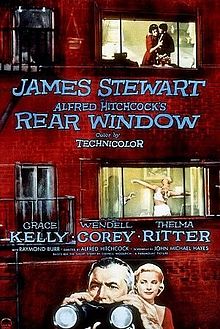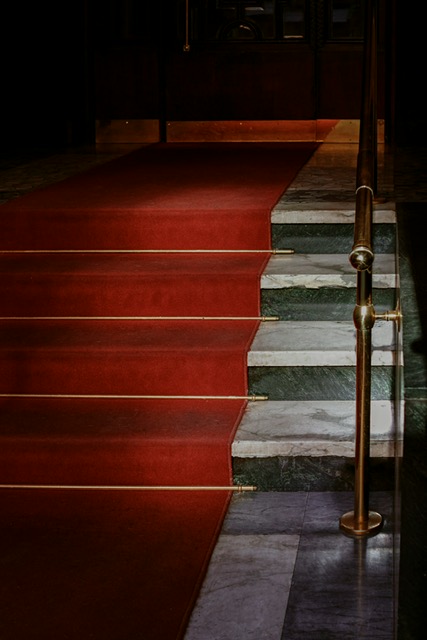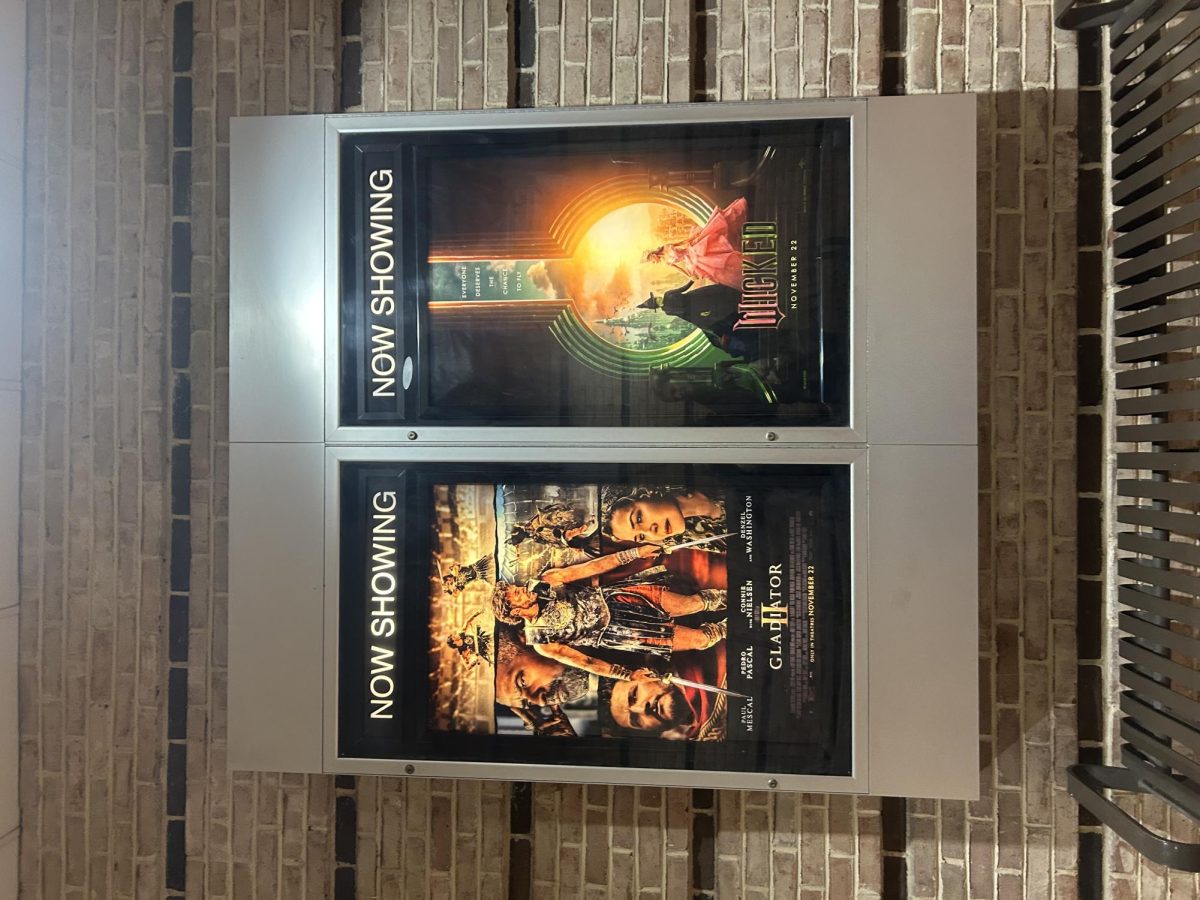By: Tyler Garling
There have been plenty of directors whose names are synonymous with the film industry, but none of them have been as influential as a man from London: Alfred Hitchcock. The number of classic movies Hitchcock made is astounding. They range from Vertigo to Psycho, and through his films, Hitchcock has defined the suspense and psychological thriller genres. I still find it hard to comprehend that Hitchcock has never won Best Director at the Academy Awards. Though his 1954 film Rear Window earned him a nomination for the category, I tend to doubt that the Academy ever saw the masterpiece. Please, don’t make the same mistake the Academy did.
James Stewart is an icon in film. The man has starred in so many spectacular films, like It’s A Wonderful Life, Harvey, and Mr. Smith Goes To-confined photographer L.B. Jefferies. The rear window of Jefferies’ apartment overlooks the rest of the complex. During the day, he passes his time watching his neighbors going about with their day. He stumbles upon an older man, Lars Thorwald (Raymond Burr), who has an argument with his wife. Later, Jefferies notices that Thorwald’s wife is nowhere to be seen. Perhaps Mr. Thorwald’s cleaning of a knife and saw can provide some answers.
Jefferies discusses his observations with his girlfriend Lisa Fermont (Grace Kelly) and his nurse Stella (Thelma Ritter). Together, they toss around theories of what may have happened to Mrs. Thorwald. Ultimately, they decide it has to be murder!
Rear Window is suspense at its finest. I can watch this movie over and over and I’ll still be on the edge of my seat. Hitchcock’s use of camera angles is also very interesting. In Rear Window, most of what the audience sees is what Jefferies sees. This makes the complex seem like its own little world. We only see what’s going on in Jefferies’ world, and not the outside world. If you want to watch a movie that uses point of view well, pick Rear Window. The point of view is very important in developing the themes of the movie.
A major theme in Rear Window is what fascinates us. Is Jefferies watching his neighbors out of boredom or curiosity? In many ways, the movie reflects how we view the outside world and the people surrounding us. Simply put, people fascinate us and when we notice something very interesting, we want to know more. Rear Window has a very interesting soundtrack also.
I always pay attention to the music in movies but, in Rear Window, there isn’t any. The entire film is diegetic, which means that the music, sounds, and speech all come from the environment. Many films struggle to pull this off, but Rear Window does it with ease.
I tend to wonder if the Academy ever regrets denying Hitchcock of Best Director. Almost every filmmaker out there has been influenced by the British genius, and many will continue to be influenced by him. Rear Window is easily one of his greatest films. The masterpiece has even been selected for the National Film Registry, an honor not many movies have. Rear Window will always be one of my favorite movies, and I have no doubt that it will be one of yours too. And for all of you photographers out there, try not to break a leg. You may discover something you wish you hadn’t.






